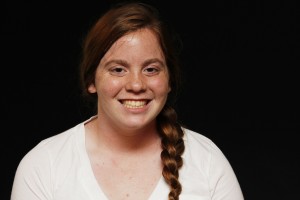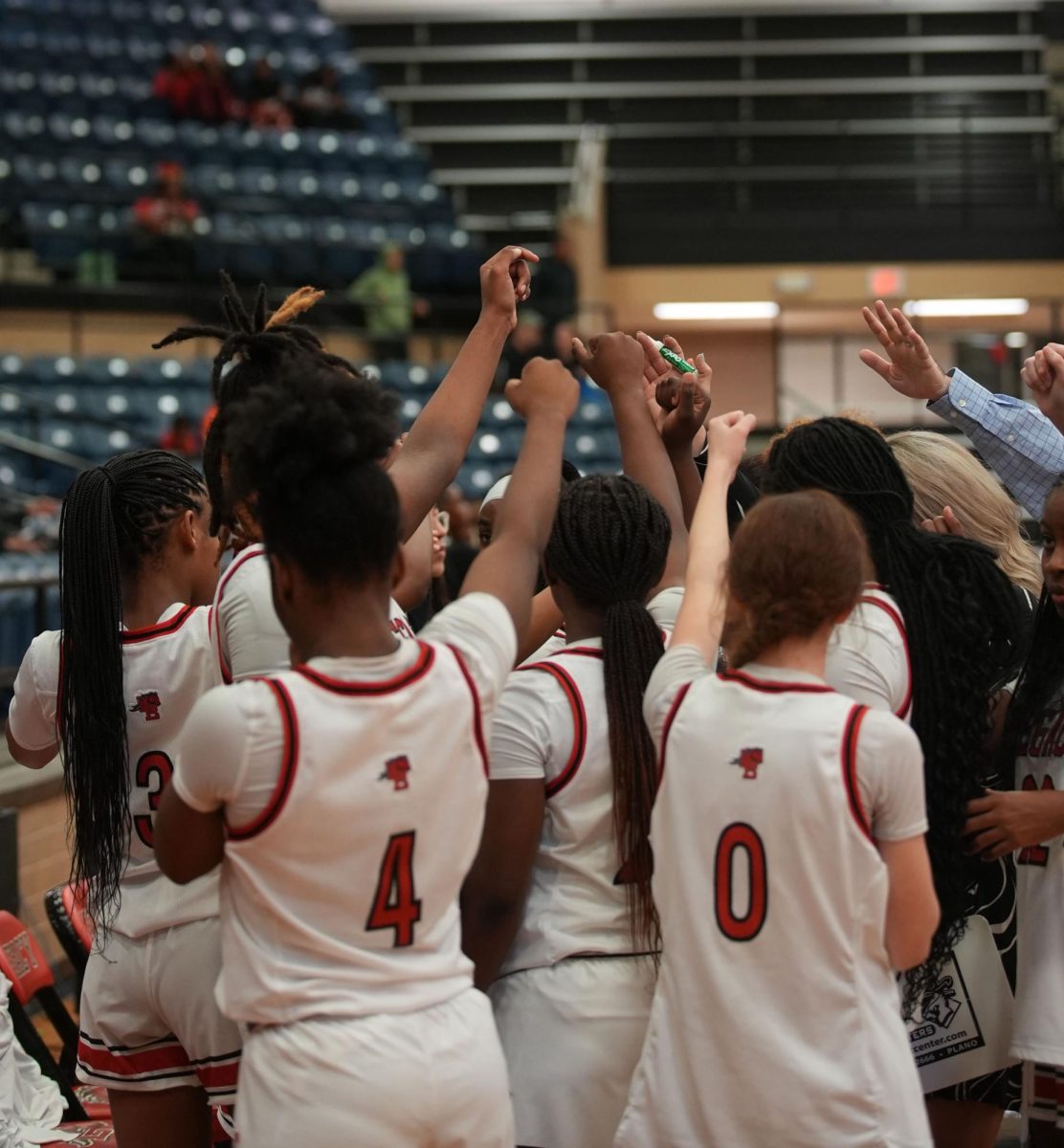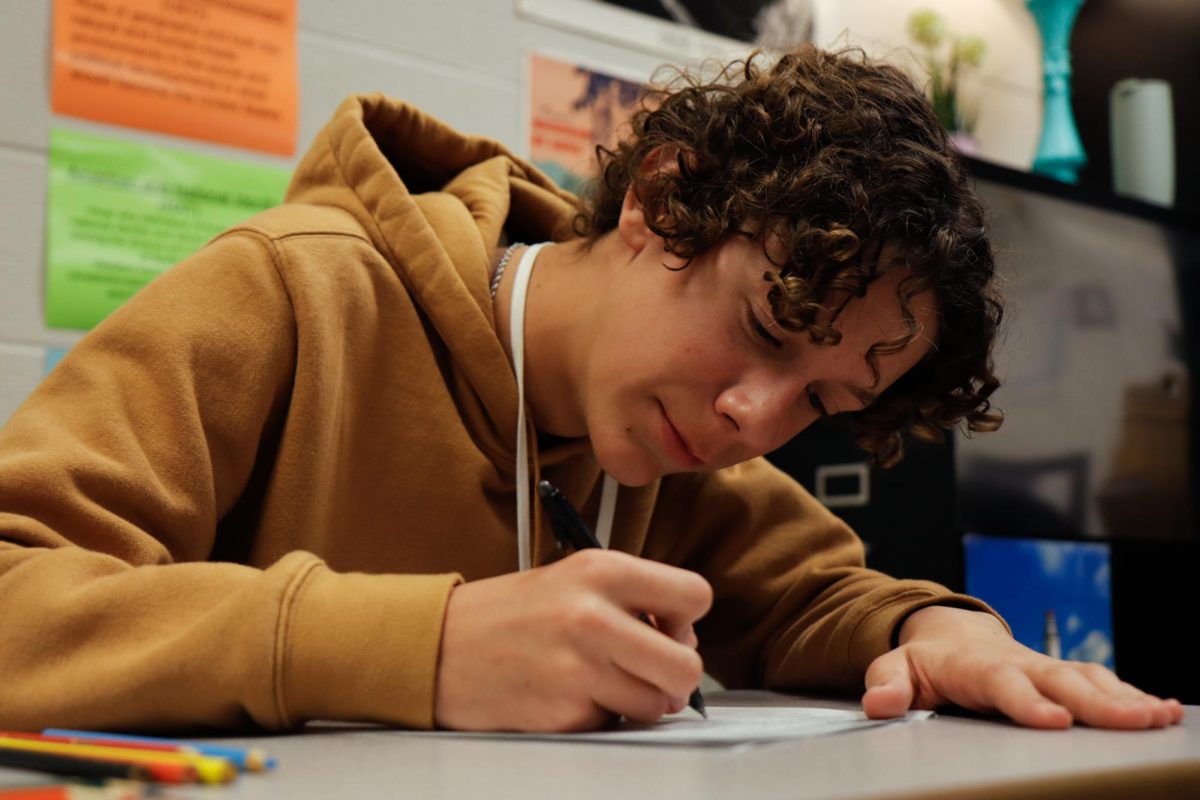Junior Baylee Gray wonders about her cultural background, what she will look like when she gets older and who her birth parents are. These questions will remain until she turns 18 and she will finally have the chance to meet her biological family.
Baylee and her sister, sophomore Kolbee Gray were adopted at birth. Although Kolbee and Baylee are only half sisters they are remarkably close and act like full sisters. The sisters have the same birth mother but different fathers.
“I think my sister is one of the most important people in my life,” Baylee said. “I would do anything for her no matter what. Even if she is my ‘half sister’ she’s still my real sister at heart. I wouldn’t ask for a different one.”
Baylee has only had contact with her birth mother once and wasn’t what she expected. Her biological mother called her adoptive parents house where Baylee answered the phone only to hear a creepy laugh before the line disconnected.
“I didn’t even know she was my birth mom,” Baylee said. “I thought she was a sales person.”
Unlike the Grey sisters, senior Laura McCartney keeps in contact with her birth family. Whenever McCartney has problems with her adoptive family, she talks to her biological family instead.
“I have normal teenage problems,” McCartney said. “I argue with my parents and get stressed out about school, so it is nice to be able to go to my birth parents for help.” .
Meeting her biological parents was an exciting experience for McCartney because he had always wanted to know if she looked like them. Three years ago she finally had the chance. Freshman year, McCartney met her birth mother and father.
“I have always had contact with my mom, but my dad’s side of the family was the one that contacted me,” McCartney said. “It was weird because they got emotional and started crying, and I don’t normally cry.”
McCartney went through an open adoption.Open Adoption is where the child’s biological and adoptive parents maintain contact. Due to risks, www.adoptionservices.org advises children and parents to partake in open adoption rather than private adoption. One risk a private adoption could have is the lack of background checks on the adoptive family. Background checks are important in ensuring the new home will provide a good environment for the child and that the family can financially support a child.
“[Since it was an open adoption] I never have to wonder about anything,” McCartney said. “I know everything about my family and where I am from.”
To genuinely know if a family is right to adopt your baby, the adoptive parents must go through a home-study. In a home-study the family wishing to adopt will have a series of meetings with the agency’s social worker to make sure that the home is a good environment. Adoption laws vary in different states, and can cost between $5,000 and $40,000 for an agency or private adoption, and on average the process can take one to two years.
“As a couple and as an adoptive family, they [the adoptive family] need to make sure that they are strong enough,” McCartney said. “They also need to know that the child will always appreciate them for taking them in.”









